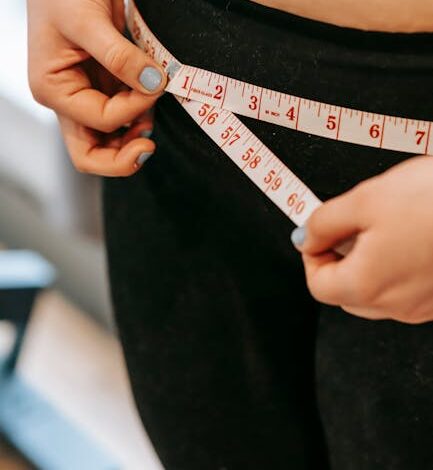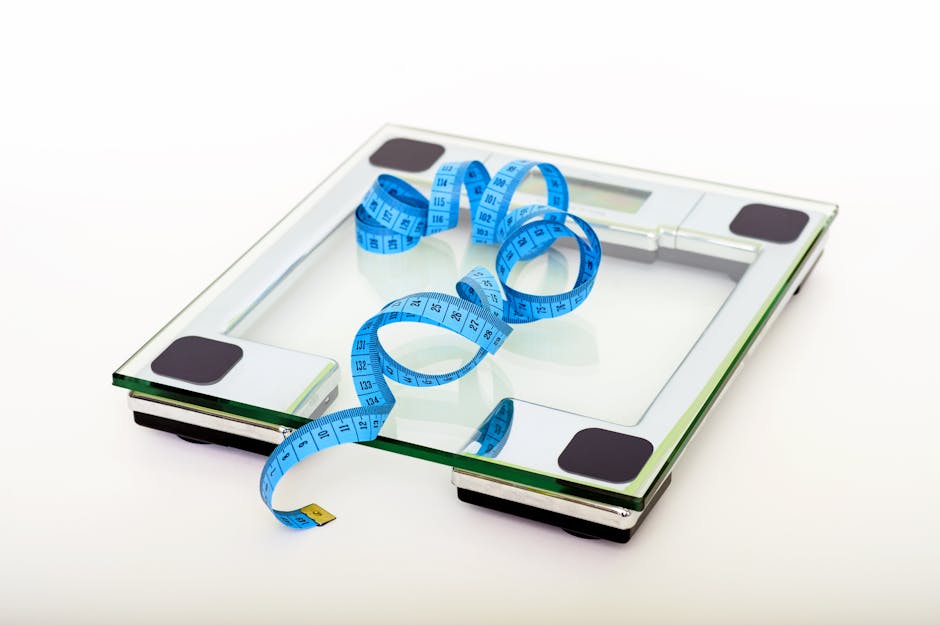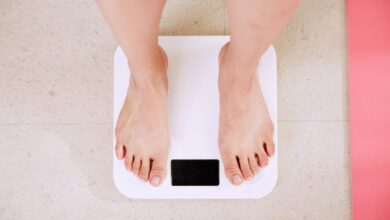5 Quick Fixes To Reduce Hip Fat Without Exercise

Want to slim down your hips but struggling to find time for exercise? You’re not alone! Many people find it challenging to fit workouts into their busy lives. The good news is that you can still make progress toward reducing hip fat by focusing on other lifestyle changes. Here are five quick fixes that can help you on your journey, even without hitting the gym.

1. Rethink Your Drink: Cutting Out Sugary Beverages
One of the easiest and most effective ways to reduce fat, including around your hips, is to eliminate sugary drinks from your diet. These beverages are often packed with empty calories that contribute to weight gain. We’re talking about sodas, sweetened juices, energy drinks, and even those fancy coffee drinks loaded with syrups and whipped cream.
Think about it: how often do you grab a soda without really being thirsty? These calories add up quickly, and they don’t provide any nutritional value. Instead of reaching for a sugary drink, opt for water, unsweetened tea, or sparkling water with a squeeze of lemon or lime. You’ll be surprised at how much of a difference this simple swap can make. Not only will you reduce your calorie intake, but you’ll also stay hydrated, which is essential for overall health and weight management.
If you crave something sweet, try infusing your water with fruits like berries, cucumber, or citrus. This adds a touch of flavor without the added sugar. You can also explore herbal teas that have a naturally sweet taste. The key is to find healthy alternatives that satisfy your cravings without sabotaging your efforts.
2. Smart Swaps: Focus on Whole, Unprocessed Foods
What you eat is just as important as what you don’t eat. Focusing on whole, unprocessed foods can naturally help you reduce hip fat. These foods are typically lower in calories and higher in fiber, which keeps you feeling full and satisfied for longer. This helps prevent overeating and reduces cravings for unhealthy snacks.
Instead of processed snacks like chips, cookies, and candy, choose whole foods like fruits, vegetables, lean protein, and whole grains. For example, swap your afternoon bag of chips for a handful of almonds or a piece of fruit. Trade your white bread sandwich for one made with whole-wheat bread. Choose grilled chicken or fish over fried options. These small changes can make a big difference in your overall calorie intake and nutrient intake.
Cooking at home more often also gives you greater control over your ingredients. You can use healthy cooking methods like baking, grilling, or steaming instead of frying. You can also avoid adding excessive amounts of oil, salt, and sugar to your meals. Planning your meals in advance and making a grocery list can help you stay on track and avoid impulse purchases of unhealthy foods.
3. Boost Your Fiber Intake: Feel Fuller, Longer
Fiber is your friend when it comes to managing weight and reducing hip fat. It’s a type of carbohydrate that your body can’t digest, so it adds bulk to your diet without adding calories. This helps you feel fuller for longer, which can reduce your overall food intake and prevent overeating. Fiber also helps regulate blood sugar levels, which can prevent cravings and energy crashes.
Good sources of fiber include fruits, vegetables, whole grains, and legumes. Aim to include a variety of these foods in your daily diet. For example, start your day with a bowl of oatmeal topped with berries. Add vegetables to your lunch and dinner. Snack on fruits or nuts instead of processed snacks. Choose whole-wheat bread and pasta over white varieties. Adding beans or lentils to soups and salads is another great way to boost your fiber intake.
Pay attention to the nutrition labels of the foods you buy and choose products that are high in fiber. Gradually increase your fiber intake to avoid digestive discomfort, such as bloating or gas. Drink plenty of water to help your body process the fiber effectively.
4. Prioritize Sleep: Rest Up for Weight Management
Getting enough sleep is often overlooked, but it plays a crucial role in weight management and overall health. When you’re sleep-deprived, your body produces more of the stress hormone cortisol and less of the appetite-suppressing hormone leptin. This can lead to increased cravings, especially for unhealthy foods, and decreased metabolism. In short, skimping on sleep can sabotage your efforts to reduce hip fat.
Aim for 7-9 hours of quality sleep each night. Establish a regular sleep schedule by going to bed and waking up around the same time each day, even on weekends. Create a relaxing bedtime routine to help you wind down before sleep. This could include taking a warm bath, reading a book, or listening to calming music. Make sure your bedroom is dark, quiet, and cool. Avoid screen time before bed, as the blue light emitted from electronic devices can interfere with sleep.
If you have trouble sleeping, talk to your doctor. They can help you identify any underlying sleep disorders and recommend strategies to improve your sleep quality.
5. Manage Stress: Find Healthy Ways to Cope
Stress can also contribute to weight gain, especially around the hips and abdomen. When you’re stressed, your body releases cortisol, which can increase appetite and promote fat storage. Many people turn to comfort foods when they’re stressed, which can lead to overeating and weight gain.
Finding healthy ways to manage stress is essential for reducing hip fat and improving overall well-being. Experiment with different stress-reducing techniques to find what works best for you. Some effective strategies include:
- Meditation and mindfulness: These practices can help you calm your mind and reduce stress levels.
- Spending time in nature: Being outdoors can have a calming and restorative effect.
- Engaging in hobbies you enjoy: Making time for activities you love can help you relax and recharge.
- Spending time with loved ones: Social support can help you cope with stress.
- Deep breathing exercises: These exercises can help you calm your nervous system.
Avoid unhealthy coping mechanisms like emotional eating, excessive alcohol consumption, or smoking. If you’re struggling to manage stress on your own, consider seeking help from a therapist or counselor.
Frequently Asked Questions
Will these quick fixes work for everyone?
While these tips can be beneficial for many people, individual results may vary. Factors like genetics, metabolism, and overall health can influence how quickly you see results. Consistency is key. It’s important to remember that these are lifestyle changes, not quick fixes. The longer you stick with them, the better your results will be.
How long will it take to see results?
It’s difficult to predict exactly how long it will take to see noticeable changes. Some people may start to see results within a few weeks, while others may need several months. Focus on making sustainable changes and tracking your progress over time. Be patient and celebrate small victories along the way.
Are there any potential downsides to these tips?
These tips are generally safe and beneficial for most people. However, it’s always a good idea to consult with your doctor or a registered dietitian before making significant changes to your diet or lifestyle, especially if you have any underlying health conditions. Be sure to increase your fiber intake gradually to avoid digestive discomfort. And remember to drink plenty of water to stay hydrated.
Reducing hip fat without exercise is possible! By focusing on these five quick fixes – rethinking your drinks, making smart food swaps, boosting your fiber intake, prioritizing sleep, and managing stress – you can create a healthier lifestyle that supports your weight management goals. Remember that consistency and patience are key. Embrace these changes as part of a long-term commitment to your well-being, and you’ll be well on your way to achieving your desired results.



